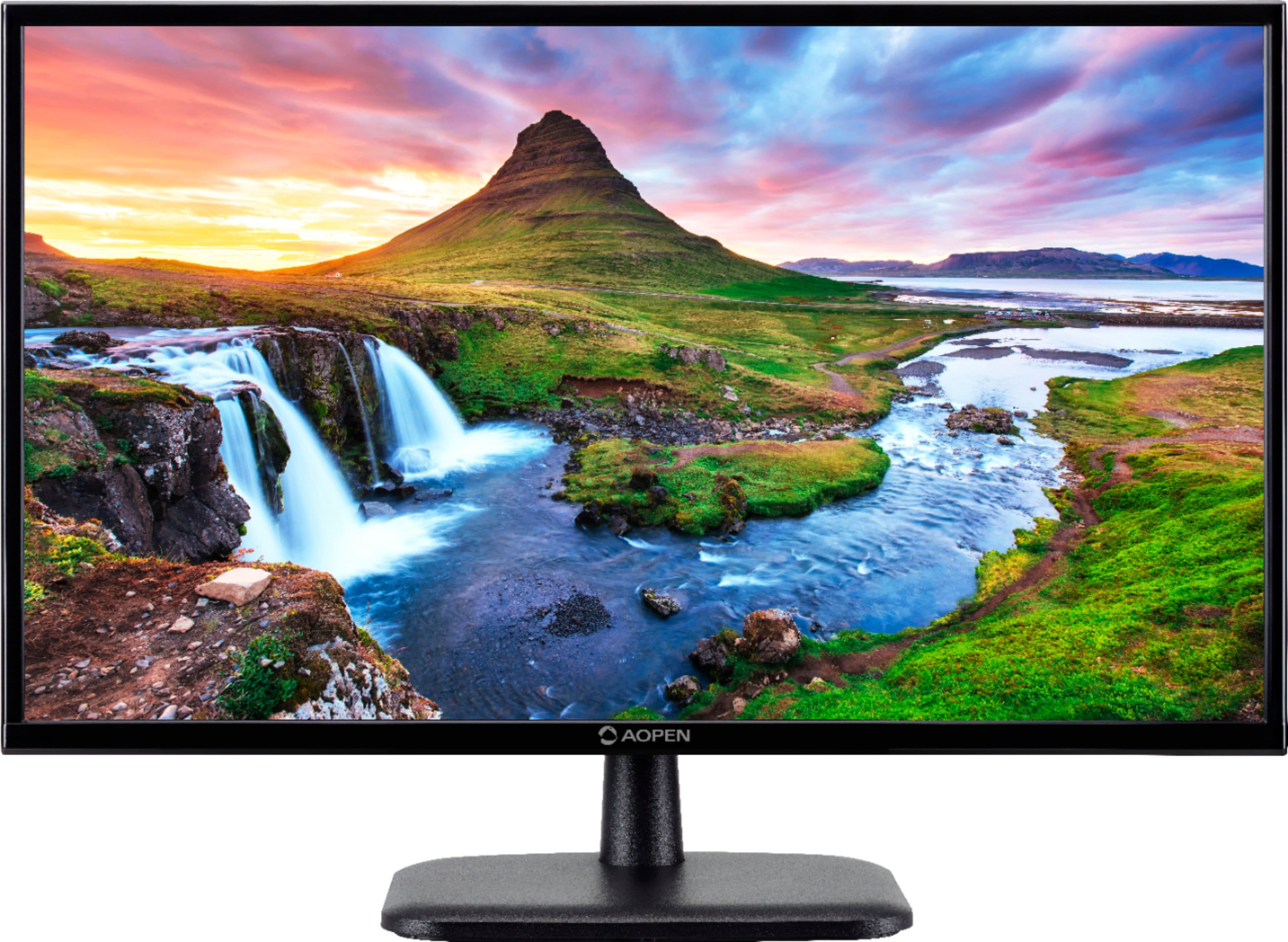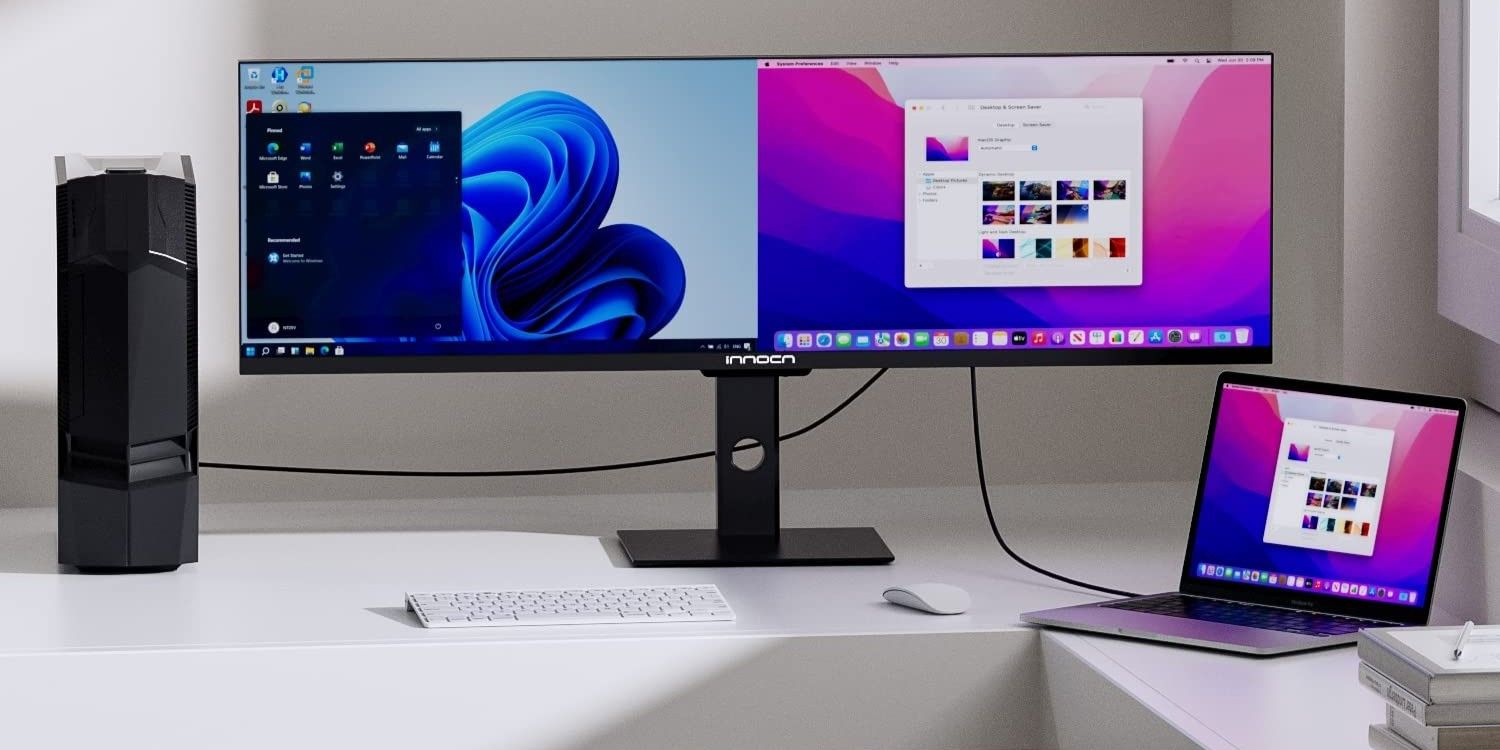It's a question many parents and caregivers think about these days: how does all that time spent looking at screens really affect a young, growing mind? With tablets, phones, and televisions pretty much everywhere, it's almost impossible to avoid digital devices entirely. So, naturally, there's a lot of talk about how screen time and brain development connect, especially for little ones. You know, experts have been looking into this for quite some time now, and what they're finding gives us a lot to think about.
The truth is, screen time use by infants, toddlers, and preschoolers has exploded over the last ten years, concerning many people who study children about the impact of television, tablets, and smartphones on these younger age groups. This increase, actually, brings up important questions about how young brains take in information and grow. We're talking about a very crucial period for learning, and what children spend their time doing can really shape their future thinking and behavior.
This article will look at what science says about screens, sleep, and the developing brain, and how parents can help kids build healthier habits. We'll explore why some experts feel that much of what happens on screen provides “impoverished” stimulation of the developing brain compared to reality, which is a pretty interesting idea, don't you think? We’ll also share some ideas for managing your child's screen time, making it a bit easier for everyone.
Table of Contents
- The Science Behind Screens and Growing Brains
- Why Too Much Screen Time Can Be a Problem
- Making Healthy Choices for Your Family
- Frequently Asked Questions
The Science Behind Screens and Growing Brains
When we talk about screen time and brain development, it's really about how a child's brain builds its connections and pathways. Very young children, like infants and toddlers, have brains that are growing at an incredible pace. So, every experience they have helps shape this growth. Researchers from the National Institutes of Health, for example, are studying how screen time is related to children's brain development, which is a big topic, as you can imagine.
What Happens Inside the Brain?
Recent brain scan research has actually shown some interesting things about excessive screen time. It suggests that too much screen time might damage the brain's gray and white matter. Gray matter is important for processing information, while white matter helps different parts of the brain communicate. Also, it could alter the cerebral cortex thickness, which is the outer layer of the brain involved in thinking, memory, and language. This kind of change, you know, could impair cognitive function, meaning how well a child thinks, learns, and remembers.
A study of kids ages three to five, for instance, suggests that digital media use, or “screen time,” impacts the development of brain areas responsible for visual processing, empathy, and attention. This is pretty significant, considering these are fundamental skills for interacting with the world. It’s not just about what they see on the screen, but how their brain learns to process it, and in a way, how it learns to process the real world too. So, it’s a bit more complex than just looking at a picture.
The Quality of Stimulation
Many experts point out that much of what happens on screen provides “impoverished” stimulation of the developing brain compared to reality. What does that mean, exactly? Well, think about it: when a child plays with a physical toy, they feel its texture, smell it, hear the sounds it makes, and manipulate it in three dimensions. They get a full sensory experience. A screen, on the other hand, offers a two-dimensional experience with limited sensory input, which is a bit different.
This isn't to say all screen content is bad, but rather that the brain might not be getting the rich, varied input it needs for optimal growth from screens alone. Children need a diverse menu of online and offline experiences. Offline activities, like playing outside, talking with family, or building with blocks, provide rich, multi-sensory experiences that help the brain develop in a more complete way. They also encourage imagination and problem-solving in a very hands-on manner, you know.
Why Too Much Screen Time Can Be a Problem
It's not just about what the screen does to the brain directly; it's also about what screen time might replace. When children spend a lot of time with screens, they might miss out on other important activities that are very beneficial for their development. This can lead to a range of concerns for parents and caregivers, who are often asking, "Is your toddler getting too much screen time?"
Impact on Learning and Observation
Excessive screen time may inhibit a child’s ability to observe and experience the typical everyday activities they need to engage with in order to learn about the world. For example, a child watching a show about animals might not learn as much as a child visiting a farm or even just looking at a picture book with a parent and talking about the animals. The real-world interaction, you see, provides a richer context for learning and understanding.
This can lead to a bit of a gap in their learning about how things work, how people interact, and how to solve real-world problems. When a child is absorbed in a screen, they are less likely to notice the subtle cues in their environment, like a parent's facial expression, the sound of a bird outside, or the feeling of sand between their toes. These everyday observations are, actually, crucial for building a strong understanding of the world around them, and in some respects, for developing social skills too.
The Connection to Sleep
Beyond learning, there's also a significant link between screens, sleep, and the developing brain. Screen time, especially close to bedtime, can really mess with a child's sleep patterns. The blue light emitted from screens can interfere with the production of melatonin, which is a hormone that helps us feel sleepy. So, when melatonin production is disrupted, children can have a harder time falling asleep and staying asleep.
Lack of good sleep, as you can probably guess, has a ripple effect on brain development. Sleep is a time when the brain processes information, consolidates memories, and repairs itself. If a child isn't getting enough quality sleep, their brain doesn't have the chance to do these important tasks. This can then impact their attention span, mood, and ability to learn new things the next day, which is pretty important for school-aged children, for example. Learn about how too much screen time can impact your child’s brain development and overall physical health, as there's more to it than just sleep.
Making Healthy Choices for Your Family
Given these concerns, many parents find themselves having trouble managing their child's screen time. It's a common challenge, as digital devices are so appealing and often seem to offer a quick way to keep kids occupied. However, there are definitely ways to create a more balanced approach that supports healthy brain development and overall well-being. It's not about banning screens completely, but about thoughtful use, you know.
Balancing Online and Offline Activities
The key, in many ways, is to ensure children have a diverse menu of online and offline activities. This means making sure there's plenty of time for active play, creative pursuits, reading physical books, and interacting with family and friends face-to-face. For instance, if a child spends an hour on a tablet, make sure they also get an hour of outdoor play or time for imaginative games. This balance is really important for providing the rich sensory and social input a growing brain needs.
Think about it like this: a child's day should be filled with a variety of experiences, not just one type. Offline activities help build gross motor skills, fine motor skills, social-emotional understanding, and a deeper connection to the physical world. These are all, actually, very important for a child's overall growth. So, encouraging varied activities helps ensure a more complete developmental picture, which is what we're after.
Practical Tips for Managing Screen Time
Here are some practical ideas to help manage screen time in a way that supports healthy brain development:
- Set clear limits: Decide on specific times or durations for screen use each day. For younger children, this might mean very little or no screen time at all, as recommended by some experts. For older kids, it could be a set amount of time after homework is done. Being consistent, you know, helps everyone understand the rules.
- Create screen-free zones and times: Designate certain areas, like bedrooms, or times, like meal times and before bed, as screen-free. This helps promote family interaction and better sleep. For example, no screens for at least an hour before bedtime can make a real difference in how quickly a child falls asleep, and how well they sleep too.
- Choose quality content: If screens are used, select content that is educational, interactive, and age-appropriate. Watching something together and talking about it can make it a more engaging experience. Some apps, for instance, are designed to encourage problem-solving or creativity, which is better than just passively watching.
- Model good habits: Children often learn by watching their parents. So, try to be mindful of your own screen use. If you're constantly on your phone, your child might see that as the norm. Showing them that you also enjoy reading, outdoor activities, or talking with others, you know, sends a powerful message.
- Encourage alternatives: Offer appealing alternatives to screen time. Keep art supplies handy, have board games available, suggest outdoor adventures, or simply spend time reading aloud together. Sometimes, children just need a little nudge or an idea to get started on a different activity, which can be very rewarding.
- Talk about it: Have open conversations with your children about screen time. Explain why limits are in place and the importance of balance. When they understand the reasons, they are more likely to cooperate. This also helps them develop their own critical thinking about their choices, which is pretty useful for later on.
Remember, it's about finding what works best for your family and your child's unique needs. Every child is different, so what works for one might not work for another. You can learn more about children's health on our site, and also find helpful resources on parenting strategies to support your family.
Frequently Asked Questions
People often have questions about screen time and how it affects kids. Here are some common ones:
What are the effects of screen time on child development?
Well, too much screen time can impact a child's brain development by potentially altering brain structure, affecting areas responsible for visual processing, empathy, and attention. It can also, you know, reduce opportunities for real-world learning and observation, which are crucial for developing a full understanding of the world. Plus, it might mess with sleep patterns, which is pretty important for overall brain health.
How much screen time is too much for a child?
For very young children, like those under 18-24 months, experts often recommend avoiding screen media, except for video-chatting with family, for instance. For preschoolers (ages 2-5), some guidelines suggest limiting screen use to about one hour per day of high-quality programming, and that's usually with a parent or caregiver present to interact with them. As children get older, the guidelines might change, but the idea is always to balance screen time with other activities, which is a good rule of thumb.
Does screen time make kids aggressive?
While screen time itself doesn't directly make kids aggressive, certain types of content, especially violent or fast-paced programming, can be linked to behavioral issues, including aggression, in some children. It's also possible that excessive screen time reduces opportunities for children to learn social skills and emotional regulation through real-world interactions, which could indirectly contribute to frustration or difficulty managing feelings. So, it's not a simple cause-and-effect, but more about the content and what it replaces, you know.
For further reading and more detailed information on brain development, you might find resources from the National Institutes of Health helpful, as they are actively researching these areas.
To sum things up, understanding the link between screen time and brain development is a big step for parents and caregivers today. By being thoughtful about how and when screens are used, and by making sure children have plenty of chances for varied, real-world experiences, we can really help support their growing minds in the best way possible. It's about finding that sweet spot, so children can thrive in this increasingly digital world, which is what we all want, right?



Detail Author:
- Name : Duncan Mayert Jr.
- Username : sporer.elenora
- Email : brannon43@jerde.com
- Birthdate : 1991-10-14
- Address : 74948 Armstrong Inlet Brekkebury, NC 72176-6696
- Phone : +1 (580) 334-8026
- Company : Rodriguez Inc
- Job : Cultural Studies Teacher
- Bio : Molestias ut qui velit aut. Dolore est a sapiente eius atque. Possimus aut earum praesentium deserunt voluptas voluptate.
Socials
tiktok:
- url : https://tiktok.com/@eva_herzog
- username : eva_herzog
- bio : Qui assumenda laborum autem inventore.
- followers : 1795
- following : 2555
facebook:
- url : https://facebook.com/herzog1993
- username : herzog1993
- bio : Exercitationem recusandae ad ipsam ut.
- followers : 4190
- following : 2258
linkedin:
- url : https://linkedin.com/in/evaherzog
- username : evaherzog
- bio : Ducimus error enim laudantium non ipsa.
- followers : 5439
- following : 147
twitter:
- url : https://twitter.com/eherzog
- username : eherzog
- bio : Esse qui et exercitationem quia dolore quo. At consectetur sit quo rerum fugit voluptate. Ut molestiae eligendi aut voluptas nam dolorum et.
- followers : 5910
- following : 2516
instagram:
- url : https://instagram.com/eva.herzog
- username : eva.herzog
- bio : Magni et nobis porro aut. Aut voluptatem numquam dolorem pariatur earum. Inventore aut totam sed.
- followers : 3789
- following : 1436

